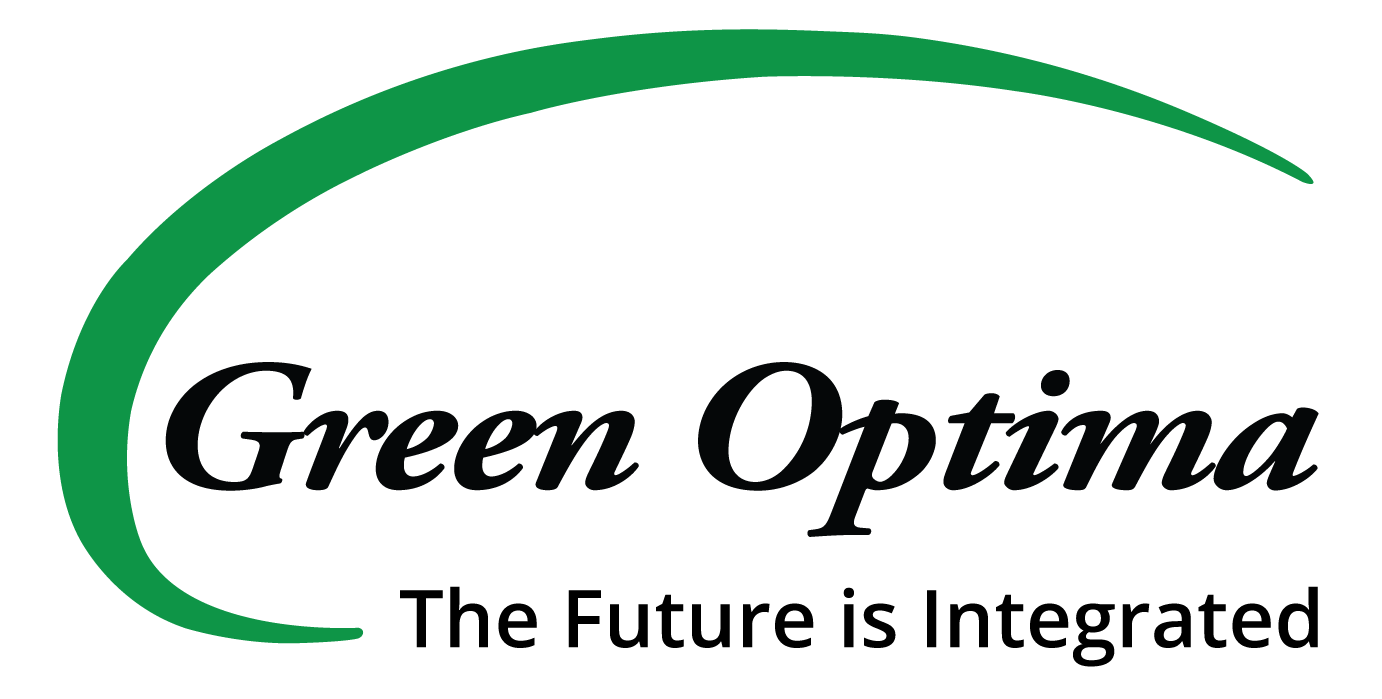Internet of Things
In general, the term IoT -Internet of Things refers to the rapidly growing number of connected digital devices. These devices can communicate and interact with others over the network/internet worldwide, and they can be remotely monitored and controlled. The IoT includes smart sensors and other devices, as well.
On the operational level of IoT, weather data is collected thus IoT offers new opportunities for cities to use data to manage traffic, cut pollution, and make better use of infrastructure and keep citizens safe.
We provide IoT Solutions starting from small buildings to Smart Cities, for various components involved.

Understanding the role of a Smart City and its components in the IoT Era
-
Smart Infrastructure
Cities must create the conditions for continuous development; digital technologies are becoming increasingly important, urban infrastructure and buildings must be planned efficiently and sustainably.
CO2 emissions should be kept as low as possible for example investing in electric cars and self-propelled vehicles.
Smart cities use intelligent technologies to achieve an energy-efficient and environmentally friendly infrastructure.
-
Traffic Management
There is an increasing challenge for large smart cities to optimize traffic. One solution is implementing the pavement integrated sensors which send real-time updates of traffic flow to a central traffic management platform.
This platform analyses the data and automatically adjusts traffic lights to the existing situation, within seconds.
One key advantage of the central traffic management platform is that it uses historical data to predict traffic patterns.
-
Smart Parking
Intelligent parking solutions identify when a vehicle has left the parking area. The sensors in the ground report via smartphone, to the driver, informing where they can find a free parking space.
Other features use vehicle feedback to tell precisely where the openings are and direct waiting cars towards them.
Smart Parking is reality today and does not require complicated infrastructure and high investment, making them ideal for a mid-size Smart City .
-
Smart Waste Management
Waste management solutions help to optimize the efficiency of waste collection, reduce operational costs and better address the environmental issues associated with inefficient waste collection.
The waste container receives a level sensor; when a certain threshold is reached, the management platform of a truck driver receives a notification on the smartphone. The message appears as to empty a full container, which avoids half empty drains.
-
Indoor Air Quality Management
Indoor air quality monitoring and prediction solution is based on the latest Internet of Things (IoT) sensors and machine learning capabilities, providing a platform to measure numerous indoor contaminants.
The system has the capability of reporting the air conditions in real-time to a web portal and mobile app through GSM/WiFi technology and generates alerts after detecting anomalies in the air quality. Our solution offers several advantages including remote monitoring, ease of scalability, real-time status of ambient conditions, and portable hardware.

